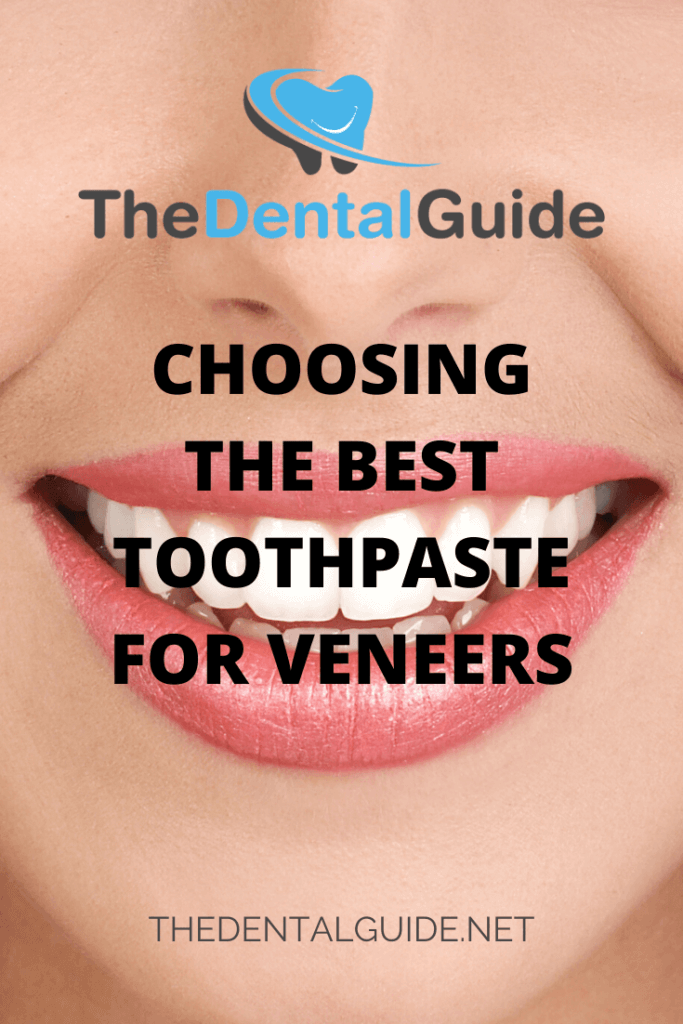There are many aesthetic choices that we can now enjoy in terms of a white and bright smile. Those who may have suffered damage to their teeth or that possessed significant stains will often choose veneers as a relatively permanent solution. These porcelain coverings are placed upon the existing enamel; providing a completely natural look.
Veneers can also be used to restore the shape of a chipped tooth. While this is truly cutting-edge technology, it is still a fact that veneers need to be cleaned in the very same way that normal teeth should be brushed. One of the more common questions involves the type of toothpaste that should be used. It is wise to address this understandable concern in more detail.
Whitening Toothpastes?
It is a normal misconception that whitening toothpastes should be used in order for the veneers to maintain their original appearance. Not only is this completely false, but the use of certain chemicals can actually cause the veneers to become damaged. Abrasives within the toothpaste as well as substances such as hydrogen peroxide will eat away at the surface of the veneer. So, avoid any whitening toothpastes at all costs.
Non-Abrasive Gels
The best toothpaste for veneers should not possess any abrasive agents. Most over-the-counter products (particularly those which are a paste as opposed to a gel) are wise to avoid. Take a look at the back of the tube and read the ingredients. Even though hydrogen peroxide may not be present, keep an eye out for baking soda. Baking soda is a common constituent of many pastes due to its gritty texture. While this may be fine for natural enamel, these fine granules could cause the sheen of the veneer to become worn down.
Another important benefit of non-abrasive gel toothpastes is that they will preserve the brightness of the veneers for much longer. Why is this the case? We should remember that any abrasions on a smooth surface will enable food particles and stains to adhere to the tiny grooves. Thus, veneers which were once impervious to discolouration could suddenly begin to fade. Smooth gels and non-whitening toothpastes can help to prevent this from occurring.
The Advice of a Dentist
There are a number of toothpastes that can be found at your local pharmacy or supermarket. However, it is also wise to speak with your dentist to discover if he or she has any recommendations. There may very well be specifically designed formulas that have been engineered to work with the porcelain finish of your veneers. On a final note, make certain that your toothbrush is not comprised of hard bristles. Even these can have a negative effect on the surface of the veneer.
If your veneers are properly cared for, they will maintain a white and bright smile for decades. Choosing the best toothpaste for veneers is a critical part of this equation. Be certain that no abrasives are present and that the brand offers a non-whitening formula.
